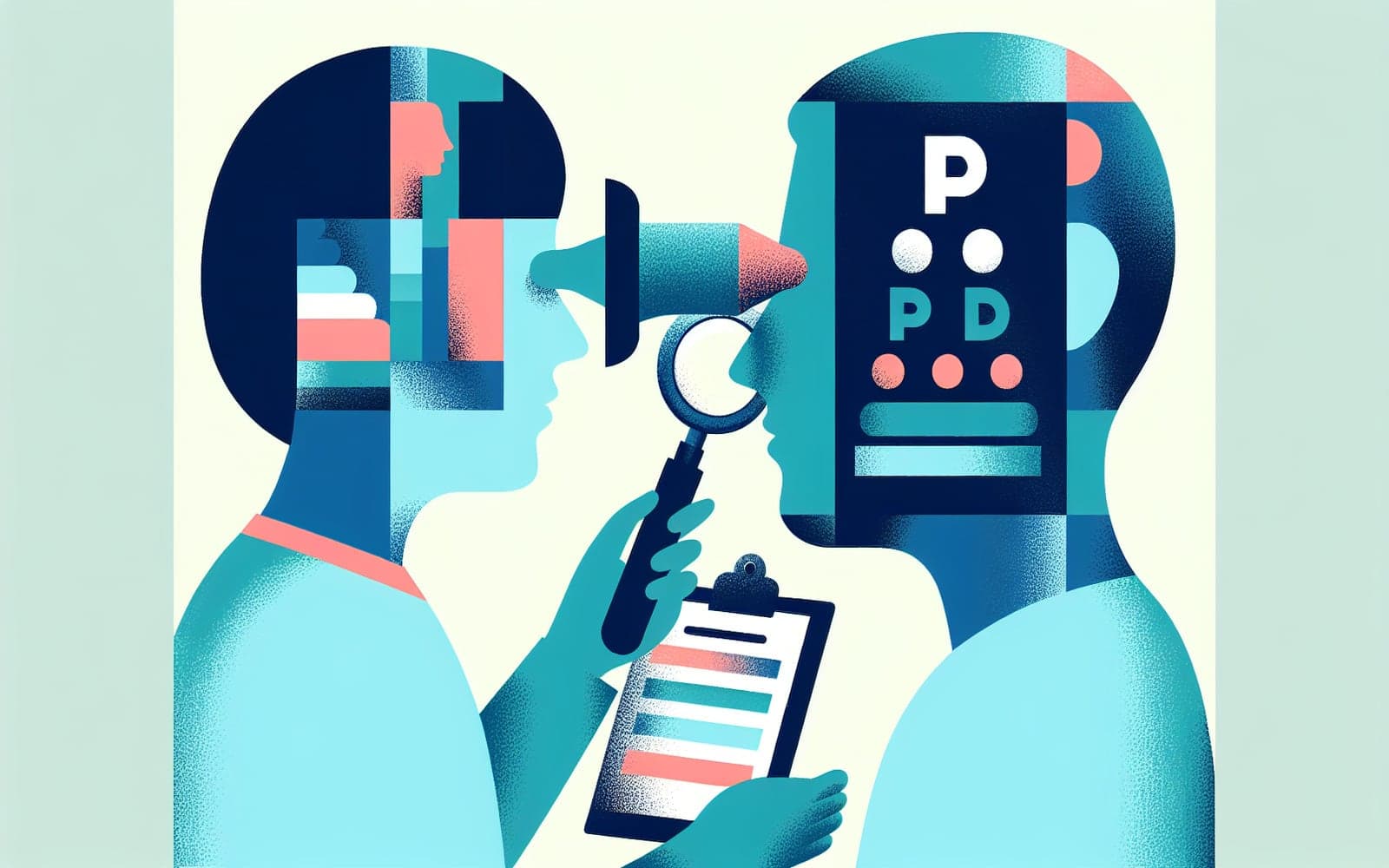How Do You Diagnose Diplopia? Discover the Tests Involved
Published: Dec 26, 2023
Diagnosing diplopia involves a series of tests to pinpoint the cause of double vision. Learn what to expect during this process.
Contents
Initial Examination
The first step in diagnosing diplopia is a thorough eye examination. This involves testing eye movements and checking for any misalignment. The doctor will ask questions about the nature of the double vision, such as when it occurs and whether it is horizontal or vertical.
Advanced Testing
If initial tests suggest a complex cause, advanced imaging like MRI or CT scans may be ordered. These tests can reveal structural issues or abnormalities in the brain or eye muscles. In some cases, blood tests may be needed to check for underlying conditions like thyroid disease.

Specialized Procedures
Additional procedures, such as the use of prisms or the red glass test, help in identifying which eye muscle or nerve is affected. These tests are crucial in developing a treatment plan and may involve the use of specialized equipment to measure eye deviation accurately.
Frequently Asked Questions
A thorough eye examination is the initial step.
Imaging tests are needed if a complex cause is suspected.
Blood tests check for underlying conditions like thyroid disease.
It's a test to identify which eye muscle or nerve is affected.
Key Takeaways
Comprehensive testing is essential to accurately diagnose and treat diplopia.
Discuss with Doctronic to learn more about the diagnostic tests for diplopia.Related Articles
References
Kim HJ, Kim HJ, Choi JY, et al. Diplopia: characteristics and etiologic distribution in a referral-based university hospital. J Neurol 2023; 270:1067.
Francisco CZ, Fabio MG, Julio CG, et al. A Man With Acute Diplopia. J Acute Med 2023; 13:134.
Always discuss health information with your healthcare provider.

